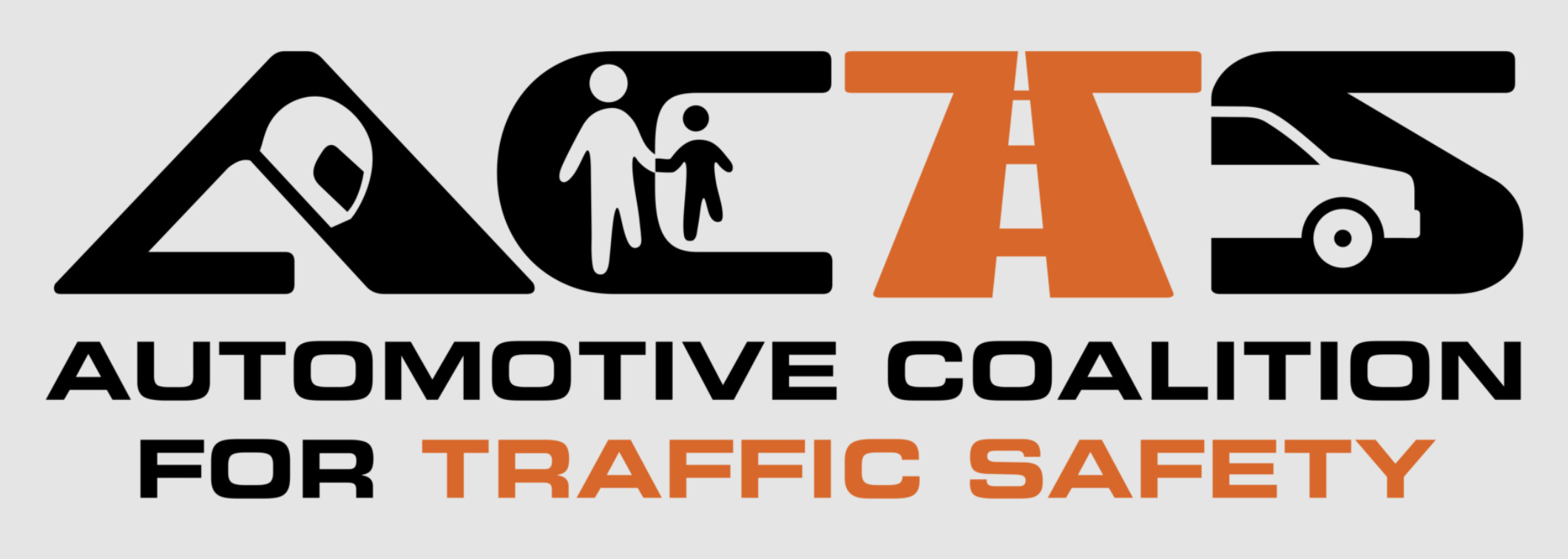On behalf of the Automotive Coalition for Traffic Safety, Inc. (“ACTS”), this responds to the above referenced ANPRM initiating rulemaking that is to gather the information necessary to develop performance requirements and require that new passenger motor vehicles be equipped with advanced drunk and impaired driving prevention technology through a new Federal Motor Vehicle Safety Standard (“FMVSS”).
ACTS, which was established 38 years ago, is classified as a 501(c)(4) nonprofit corporation by the U.S. Internal Revenue Service. A 501(c)(4) must not be organized for profit and must be operated exclusively to promote social welfare. The earnings of a section 501(c)(4) organization may not inure to the benefit of any private shareholder or individual. To be operated exclusively to promote social welfare, an organization must operate primarily to further the common good and general welfare of the people of the community.
